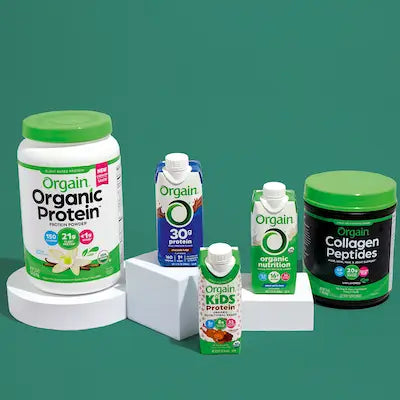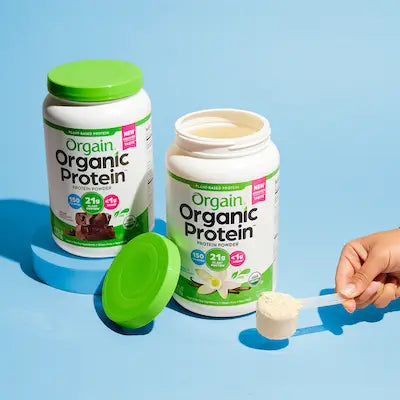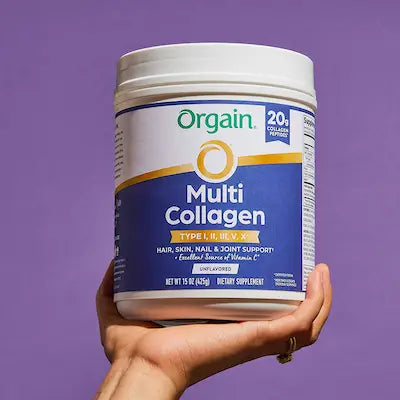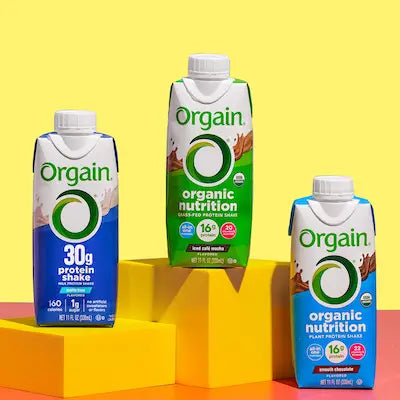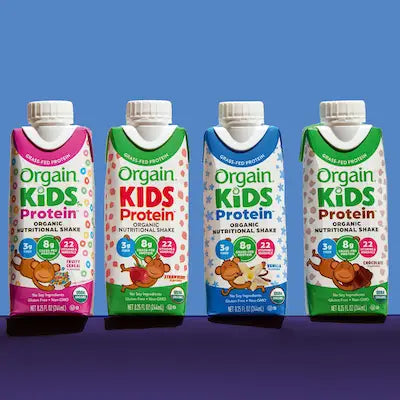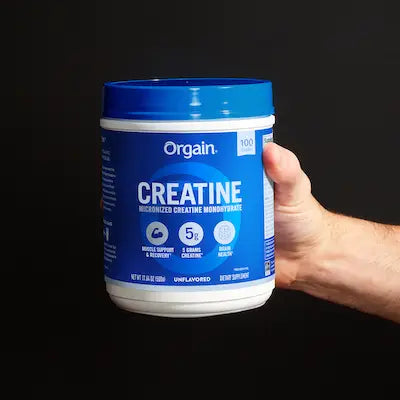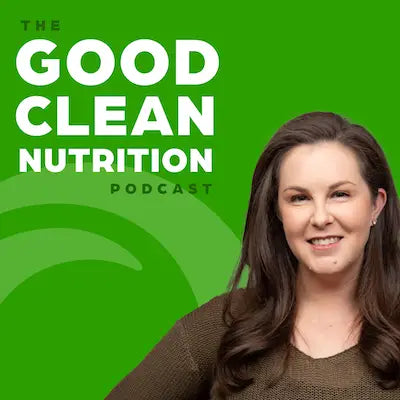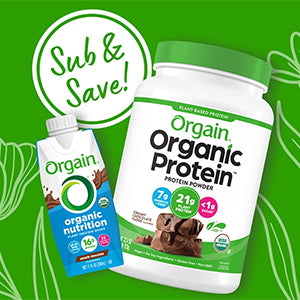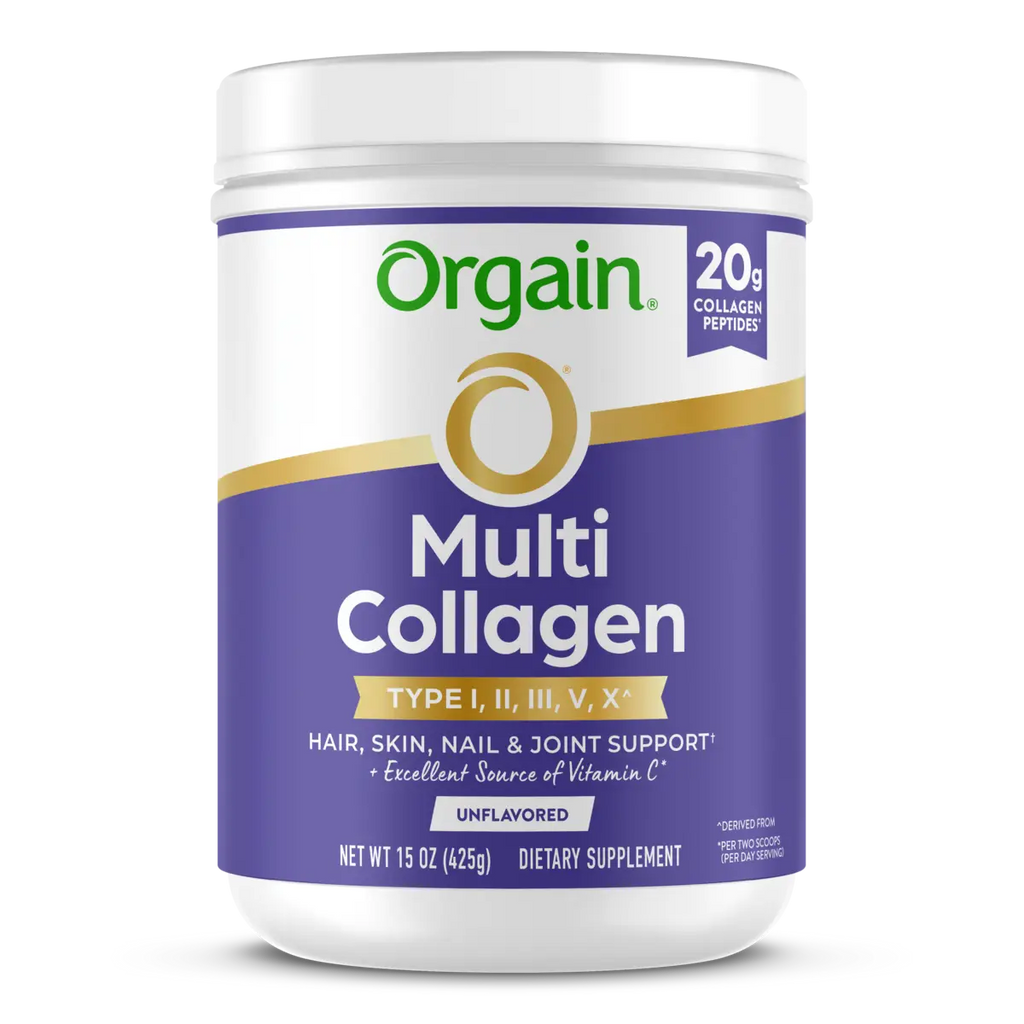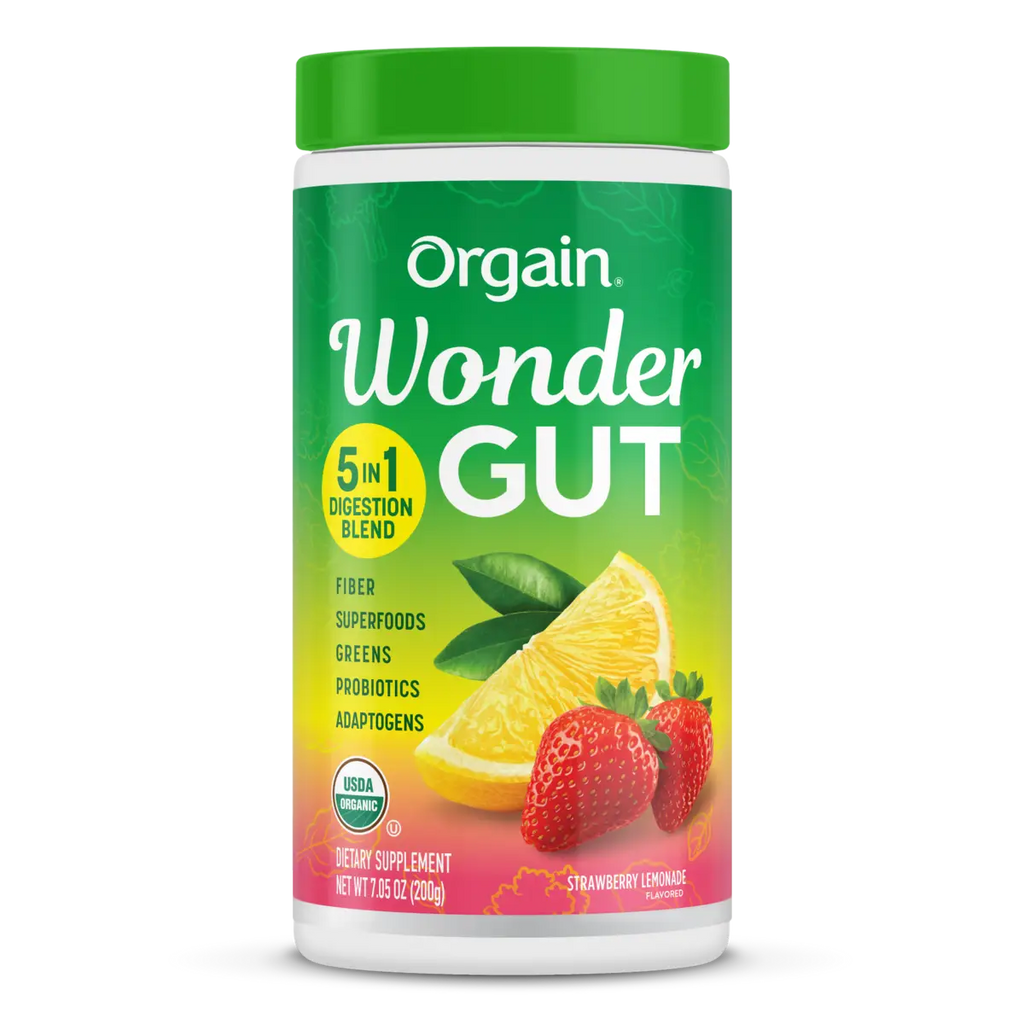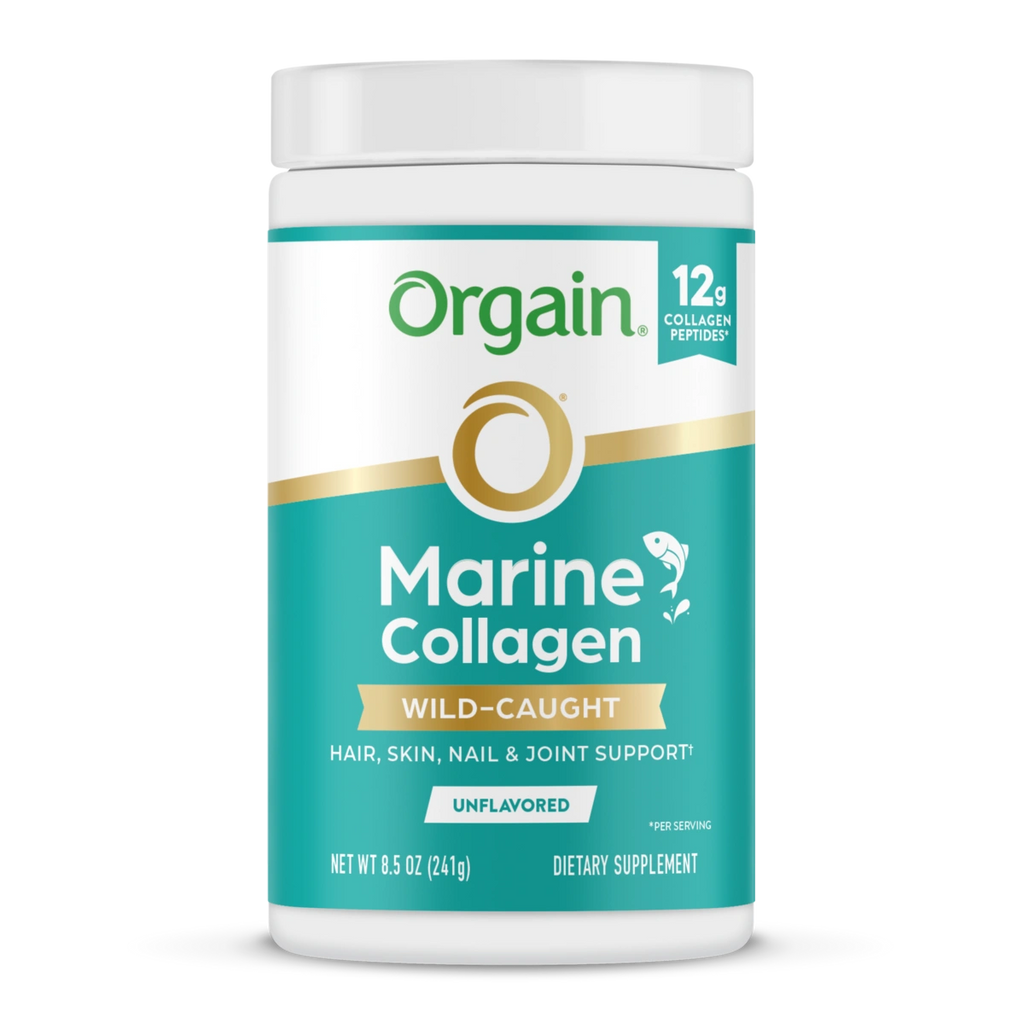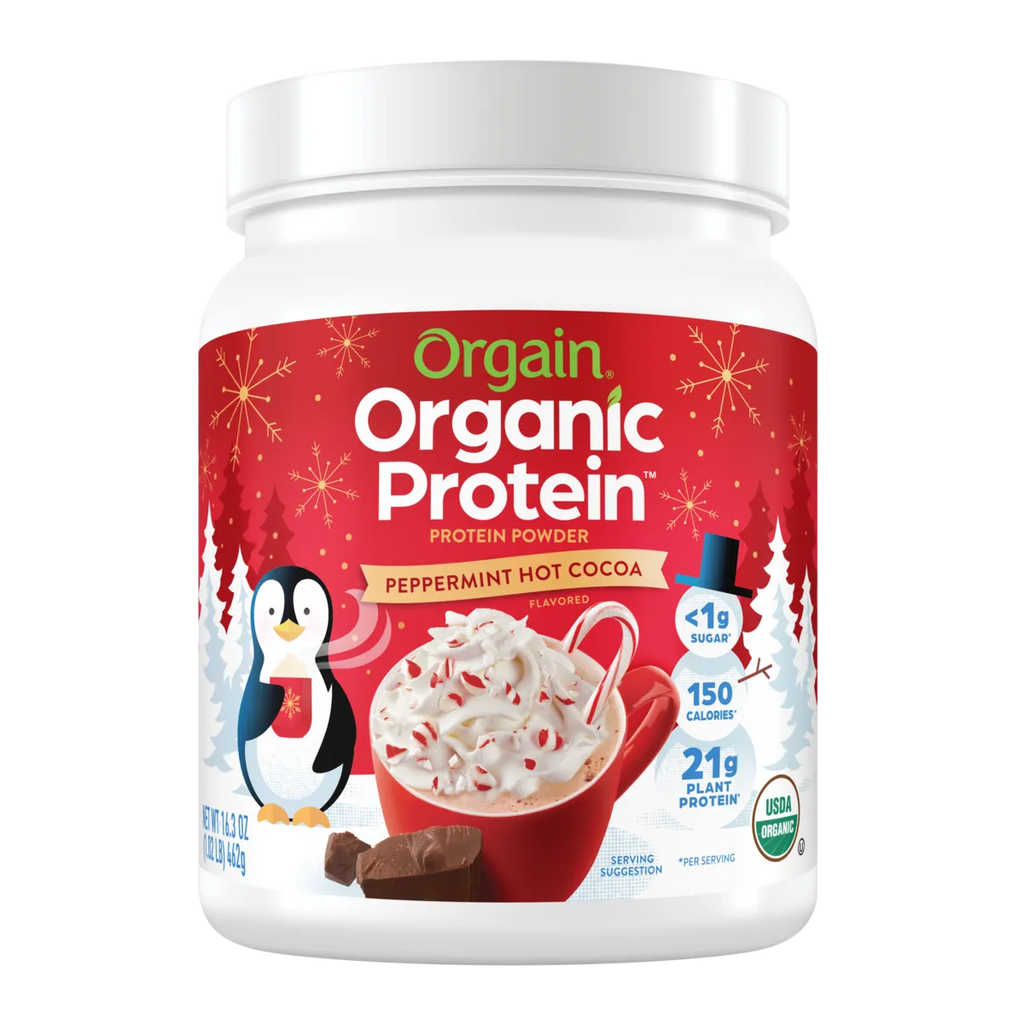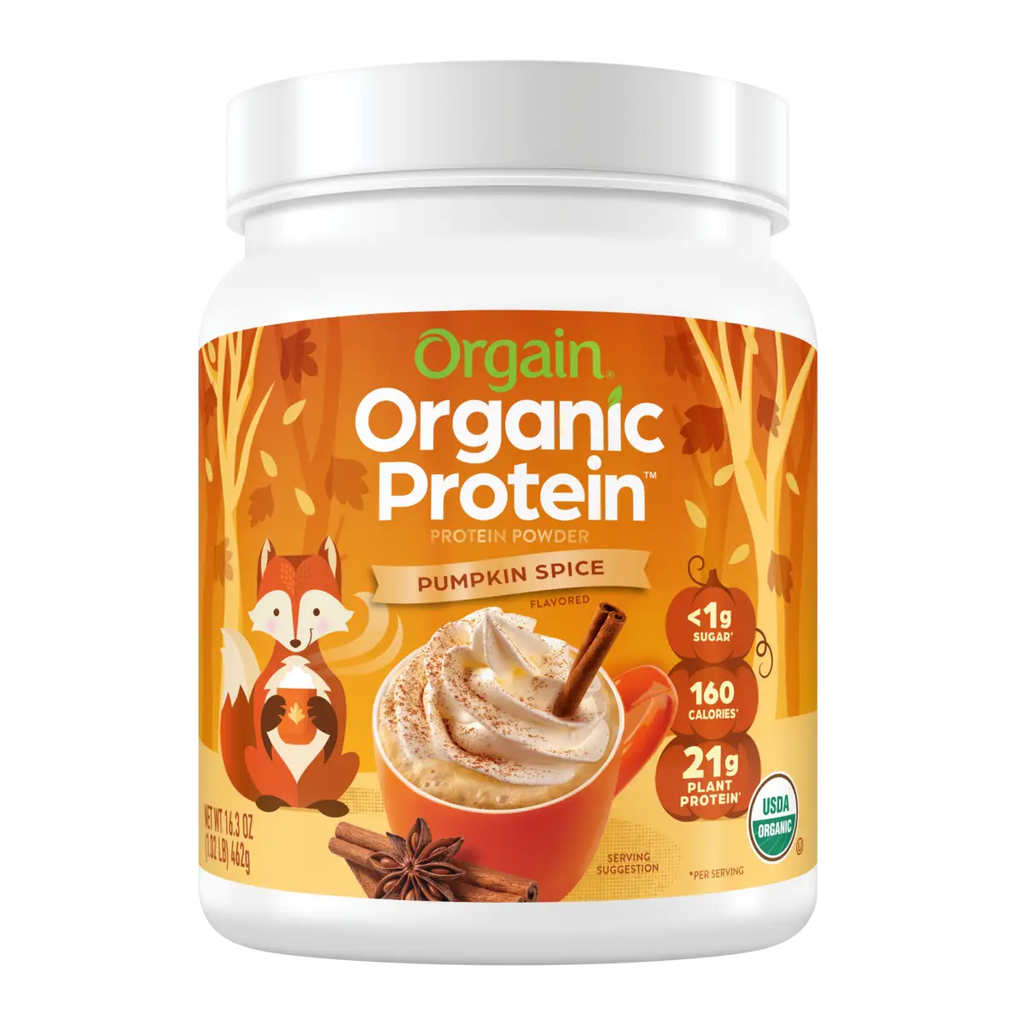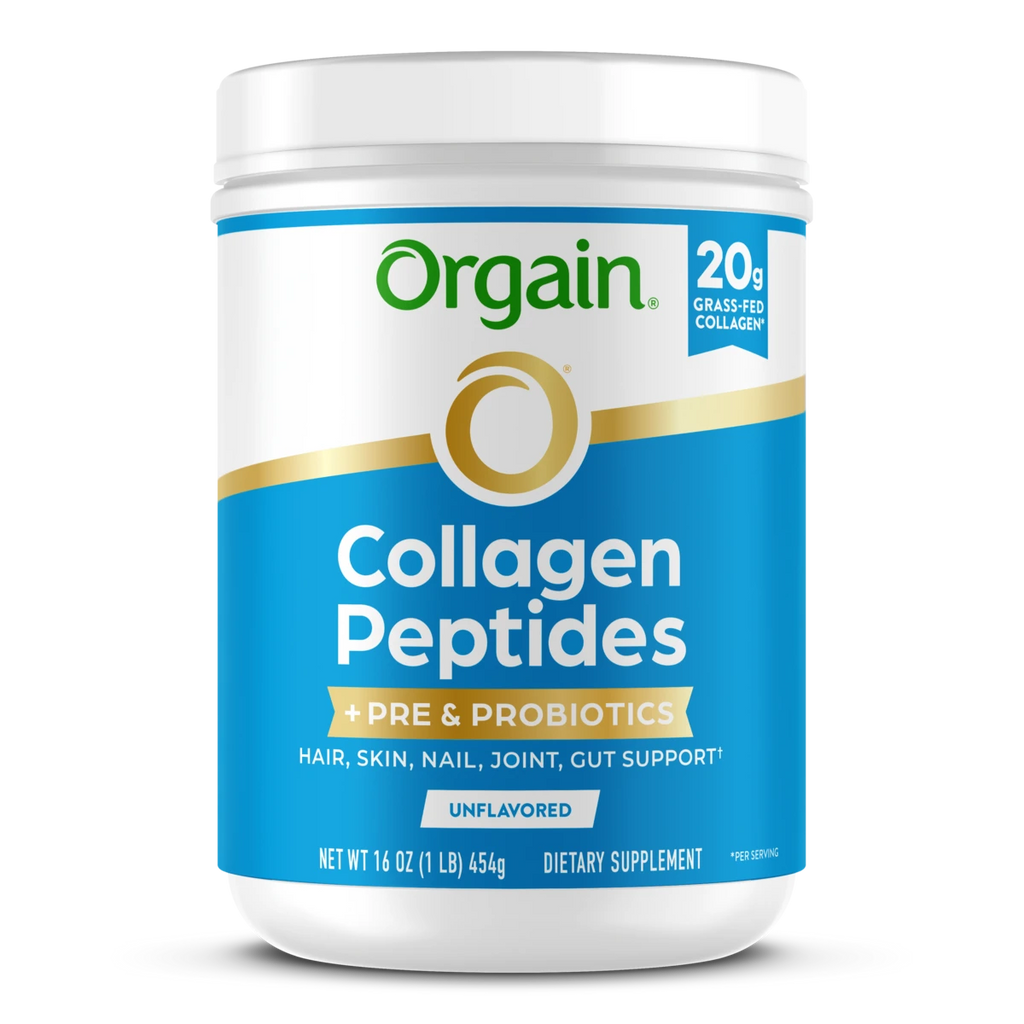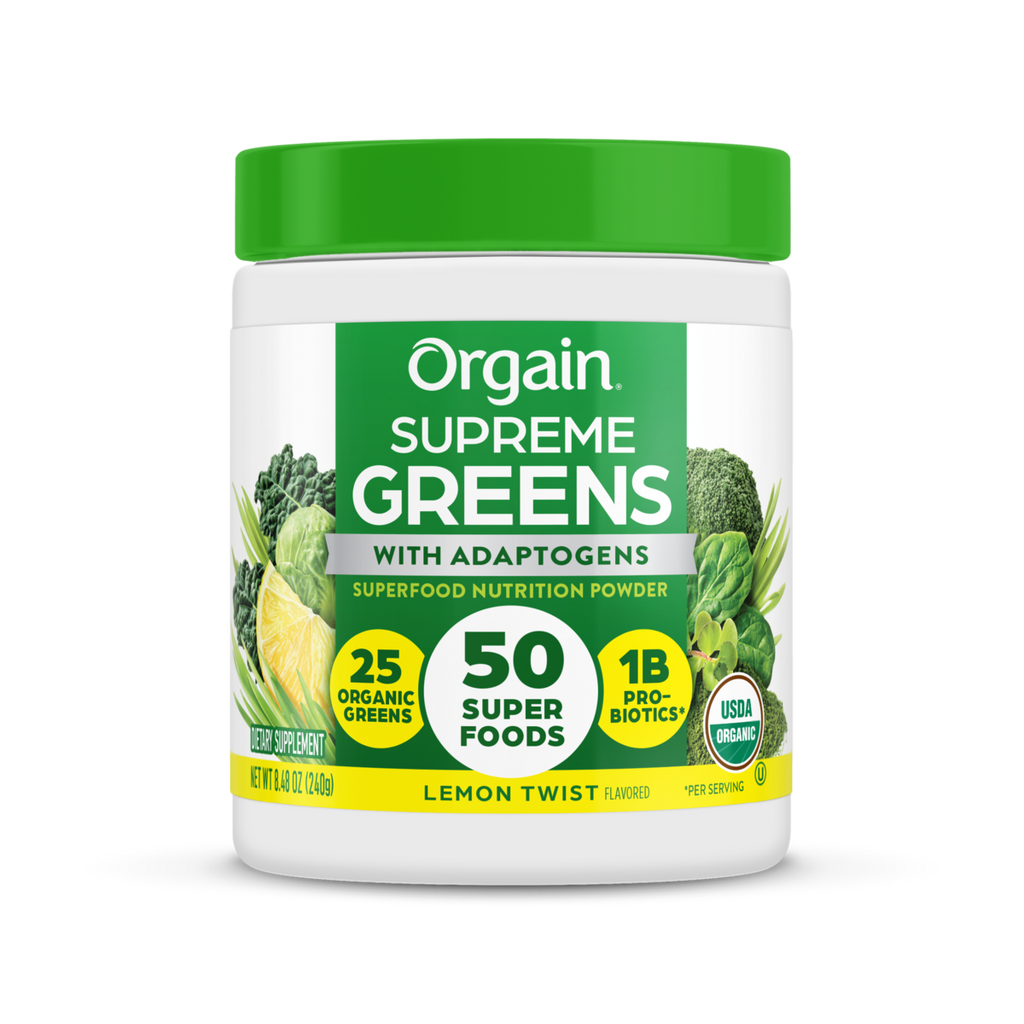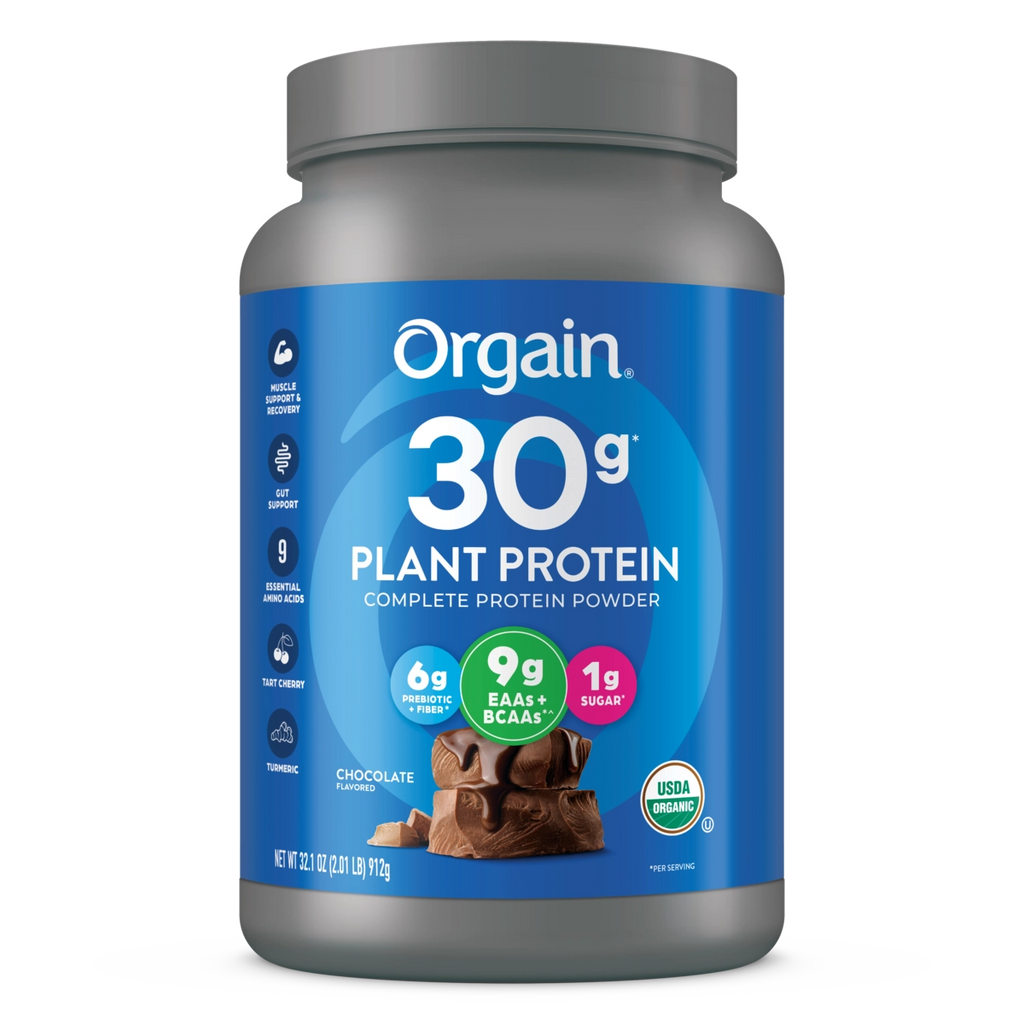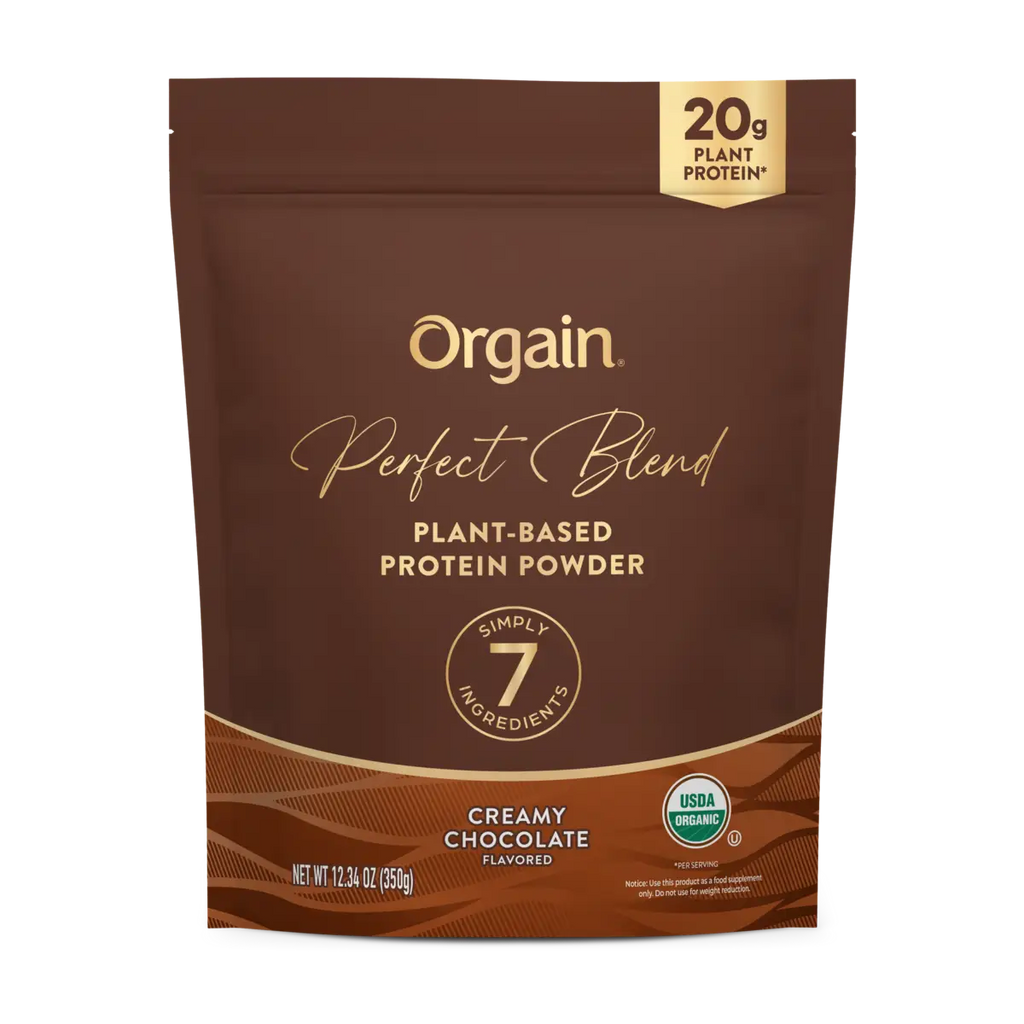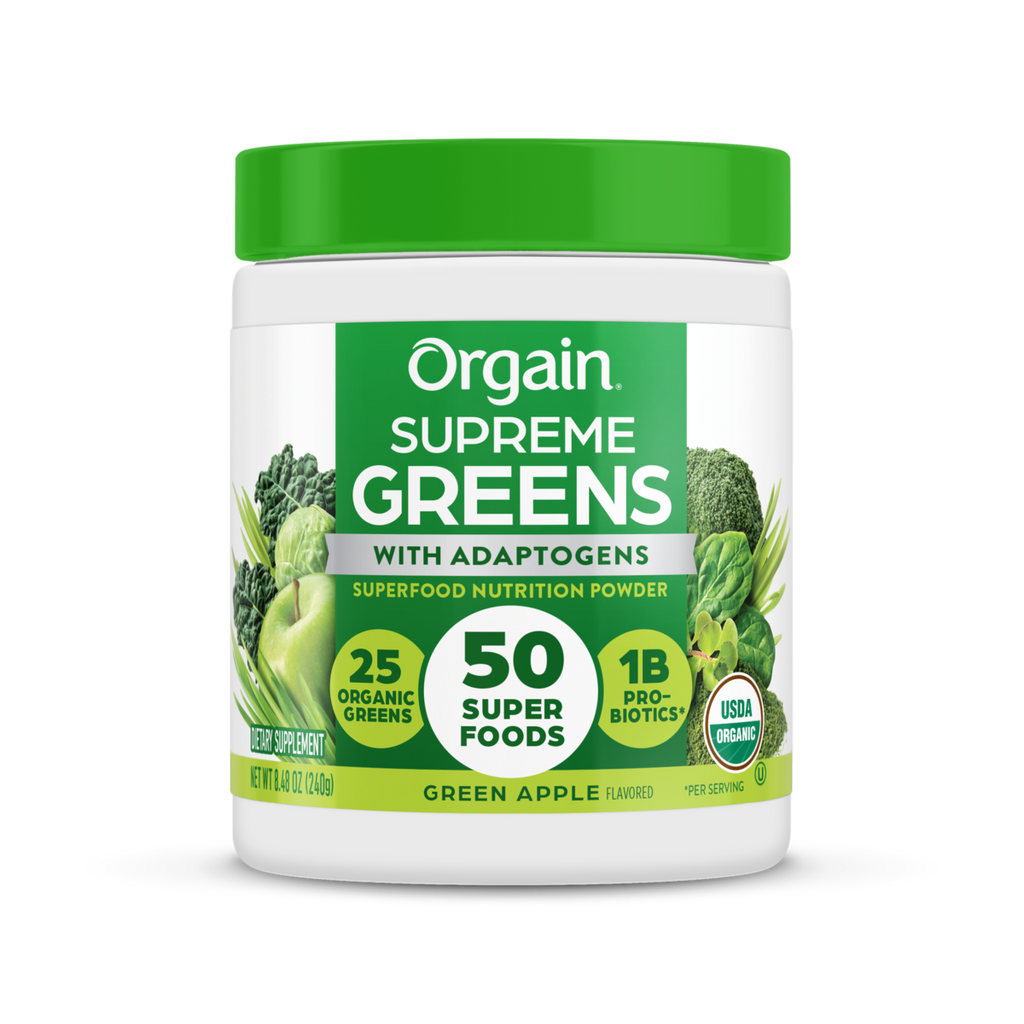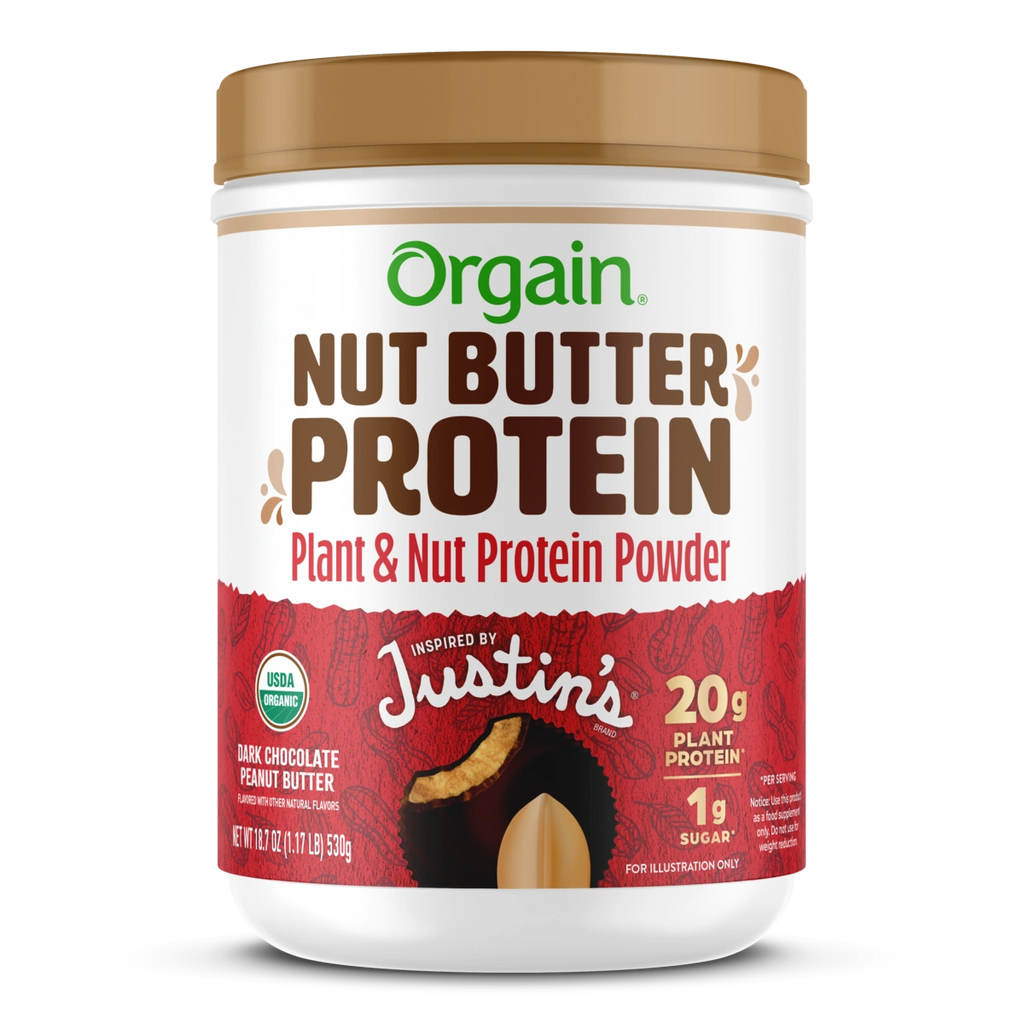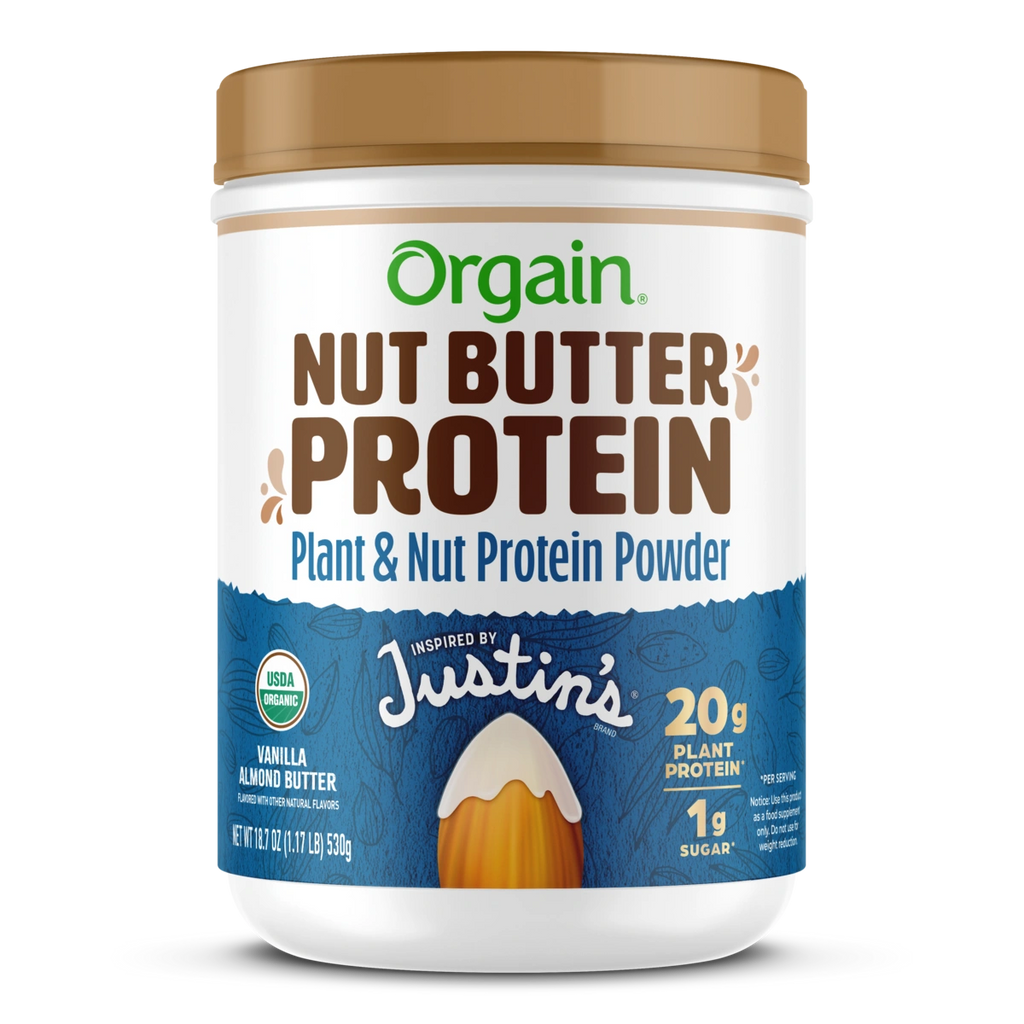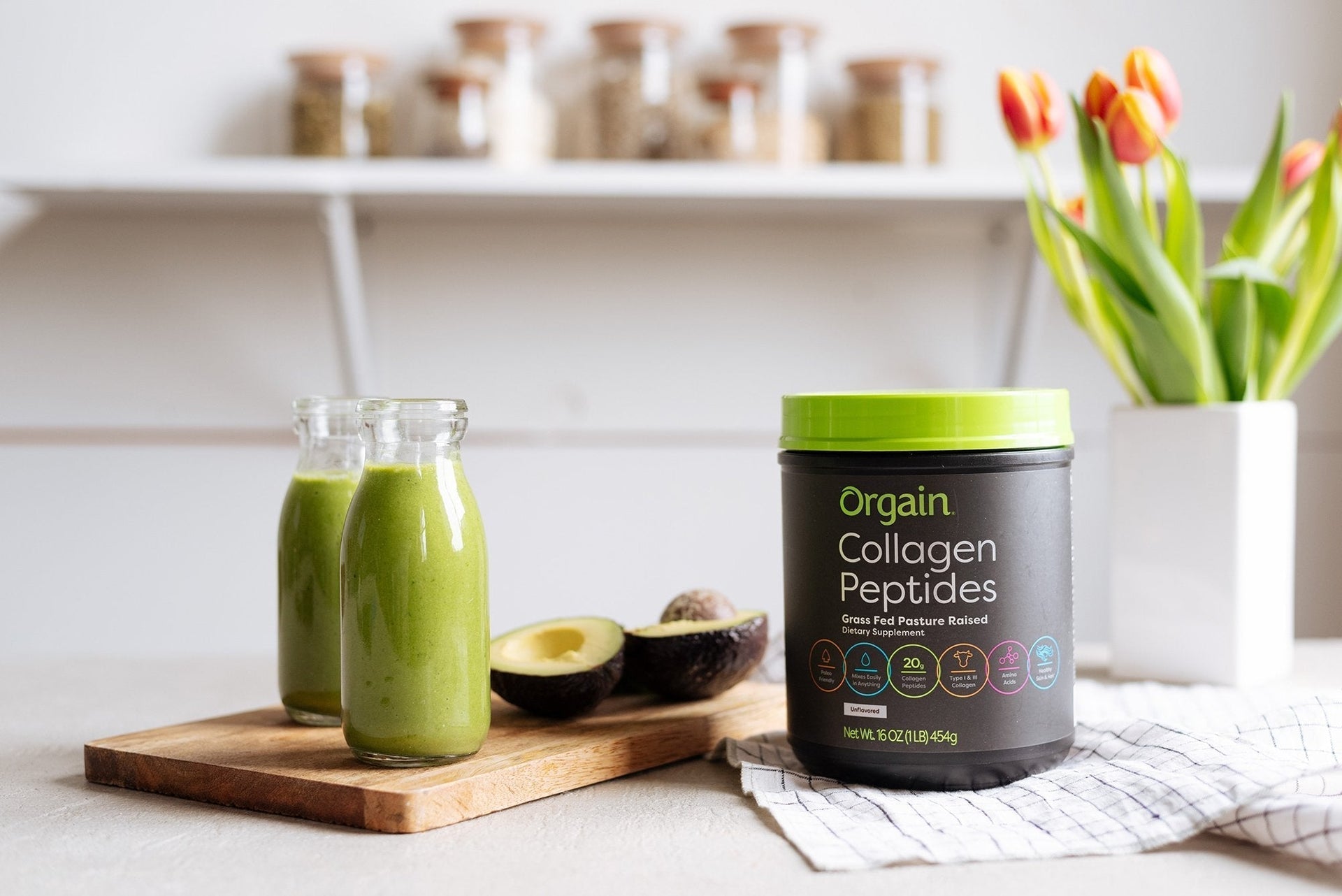GMO stands for genetically modified organism, and this is an organism that has had its DNA altered or modified in some way through the use of genetic engineering.
What is a Genetically Modified Organism (GMO)?
A genetically modified organism is one that has been altered at the DNA level, and this most commonly occurs by adding in DNA from another organism like bacteria, plants, viruses, or animals. The organisms from which DNA is taken are referred to as transgenic organisms.
How is a GMO Product Different From Non-GMO?
When it comes to genetically modified food, genetic engineering is most likely done in order to make the food taste better and be more resistant to diseases and drought. Generally speaking, GMO products differ from those that are non-GMO because non-GMO items have not been altered through the use of genetic engineering.
Are GMO Products Bad for You?
The main concerns regarding GMO products stem from the fact that products that have been altered with genetic engineering result in combinations of genes that are unnatural and do not occur through traditional crossbreeding. There are concerns regarding how GMOs may negatively affect human health when it comes to allergic reactions, side effects dealing with gene transfer, and the act of outcrossing itself.
While plenty of research studies have been conducted to test the impacts of genetically modified products, more research still needs to be done in order to come to a tangible conclusion as to whether or not GMO products are actually dangerous, and how dangerous.
A separate concern that should be focused on when it comes to GMOs is the cleanliness factor. When products are genetically modified, they become more immune to diseases and other ailments. That being said, genetic engineering could, in theory, be used in place of traditional methods intended to keep foods and other products safe and clean.
Other Common Terms in Clean Foods and Eating Lifestyles
We are sure you are somewhat familiar with buzzwords like organic, natural, and plant-based. Because there are many different terms associated with lifestyles that center around clean foods and eating patterns, we know it can get confusing to keep track of which word means what. Allow us to break it down.
Organic
When it comes to food, foods that are certified organic are those that have been grown and made without the use of any man-made fertilizers, pesticides, or additives, and for the most part, something that is organic has not been genetically modified.
Natural
While this term is a bit more of a grey area, it generally refers to products that are made with ingredients taken from natural sources as opposed to things like man-made chemicals. There is little regulation of the use of the term “natural,” but the general idea is that it is cleaner than some alternatives.
Vegetarian
Following a vegetarian diet means that all meat and seafood should be avoided, though some people do still eat small amounts of seafood. Cutting out meat but eating seafood is commonly referred to as a pescatarian diet. As a vegetarian, eggs and dairy products are still permitted.
Vegan
A vegan diet is one that contains no animal products or byproducts. This means no fish or seafood, no meat, no dairy, and no eggs. Some people following a vegan diet may also eliminate honey. In place of these animal foods, the vegan diet centers around whole grains, legumes, and fruits and vegetables.
Keto-Friendly
Keto-friendly foods are those that fit in with a low-carb, high fat and protein diet. The keto diet is most successfully followed when carbs make up 5-10% of daily caloric intake, protein makes up about 35%, and healthy fats account for 35-55%.
Easy Ways To Make Non-GMO Part of Your Day to Day
Non-GMO foods and products can easily be incorporated into your every day routine by swapping out genetically modified products for their cleaner alternatives. If you have been looking for ways to start slowly swapping out GMO products that frequently make their way into your household, let us help.
When it comes to protein powders and shakes, there are certainly a plethora of options out there… but not all protein powders were created equal. Some products have been created through the use of genetic modification, and you aren’t alone if you have decided it is time to move on to better things.
Orgain offers a wide variety of non-GMO protein powders and other nutritional products so that you can support your overall health and wellbeing.
Opting for our Vegan Organic Nutrition Shake is a great way to get in protein from sources like peas and chia seeds, as well as essential vitamins and minerals from our signature blend.
Along the same lines, we offer an Organic Protein™ Plant Based Protein Powder with 21 grams of plant-based protein per serving. If you are more of a whey person than plant-based alternatives, we also have a Grass Fed Whey Protein Powder with 21 grams of protein per serving.
All of the products mentioned are non-GMO, and they make for great shakes and nutritional drinks when you need a pick-me-up or a protein kick after your workout.
When it comes to spotting non-GMO food options next time you grocery shop, these products are often labeled as such. Swapping out genetically modified fruits, vegetables, and other produce for their non-GMO counterparts is a great place to start. Non-GMO food products can sometimes be a tad bit more expensive, but your health and safety is a great thing to invest in, if you ask us.
There is still plenty of work to be done in the world of GMOs in order to determine how safe, or how dangerous, they truly are, but you can steer clear of the risks altogether by opting for non-GMO products instead.
Summary
GMOs, or genetically modified organisms, are those whose DNA has been altered, most commonly through the addition of genes from a different organism.
This kind of genetic engineering is generally done in order to improve the quality of the item in some way. This can mean the product is more resistant to disease and drought, or that the flavor of the product is better and more consistent. There are some potential risks associated with genetically modified products, but mostly these risks have to do with food items.
Most significantly, there are concerns regarding allergic reactions to GMOs as well as side effects pertaining to gene transfer and cleanliness. More research still needs to be done in order to determine more thoroughly just how dangerous genetically modified products really are, but opting for non-GMO products instead is a great way to avoid any of these risks in the first place.
Next time you take a trip to the grocery store, keep your eyes peeled for food items that are labelled as non-GMO so that you can kick start the journey to a healthier, potentially safer, pantry.
Sources:
https://www.livescience.com/40895-gmo-facts.html
https://sitn.hms.harvard.edu/flash/2015/will-gmos-hurt-my-body/
https://blog.johnsonmemorial.org/clean-eating-and-other-popular-health-phrases-explained
